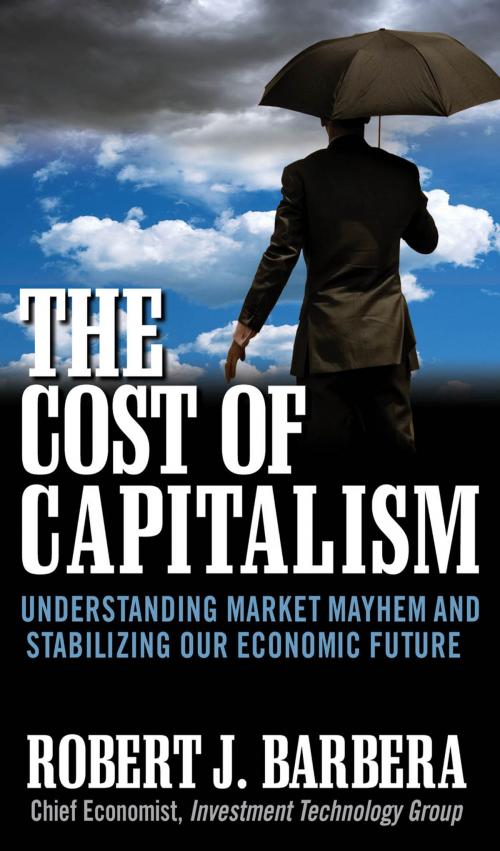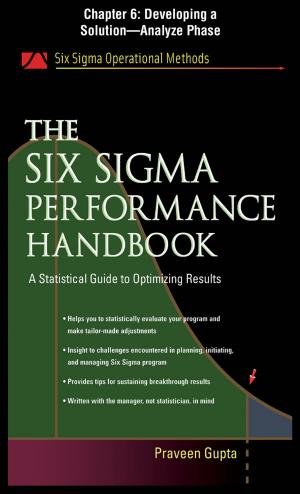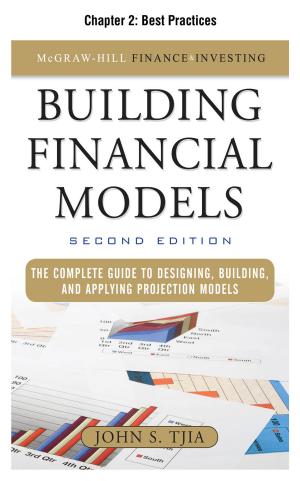The Cost of Capitalism: Understanding Market Mayhem and Stabilizing our Economic Future
Business & Finance, Finance & Investing, Banks & Banking, Human Resources & Personnel Management, Training, Finance| Author: | Robert Barbera | ISBN: | 9780071628457 |
| Publisher: | McGraw-Hill Education | Publication: | September 12, 2009 |
| Imprint: | McGraw-Hill Education | Language: | English |
| Author: | Robert Barbera |
| ISBN: | 9780071628457 |
| Publisher: | McGraw-Hill Education |
| Publication: | September 12, 2009 |
| Imprint: | McGraw-Hill Education |
| Language: | English |
CNBC regular Robert J. Barbera offers a crystal clear explanation of the financial market crisis of 2008
While mainstream financial analysts are stringing together ad hoc explanations for the financial crisis of 2008, a relatively small group of economists saw this coming. In The Cost of Capitalism, Robert J. Barbera explains why.
Barbera makes the case that investors and policy-makers can reduce the risk of truly gruesome outcomes if they better plan for the violent economic storms, which history confirms are always over the horizon.
Investors will learn how to gird themselves for the roller-coaster ride that is free market capitalism; policy makers will find out how to plan for crises they know will occur at some point; and academic economists will rethink their pursuit of ever more elaborate mathematical models that bear no resemblance to the real world.
The message is simple: Stop pretending that people are always rational and that markets are always efficient—and be prepared for market mayhem.
CNBC regular Robert J. Barbera offers a crystal clear explanation of the financial market crisis of 2008
While mainstream financial analysts are stringing together ad hoc explanations for the financial crisis of 2008, a relatively small group of economists saw this coming. In The Cost of Capitalism, Robert J. Barbera explains why.
Barbera makes the case that investors and policy-makers can reduce the risk of truly gruesome outcomes if they better plan for the violent economic storms, which history confirms are always over the horizon.
Investors will learn how to gird themselves for the roller-coaster ride that is free market capitalism; policy makers will find out how to plan for crises they know will occur at some point; and academic economists will rethink their pursuit of ever more elaborate mathematical models that bear no resemblance to the real world.
The message is simple: Stop pretending that people are always rational and that markets are always efficient—and be prepared for market mayhem.















